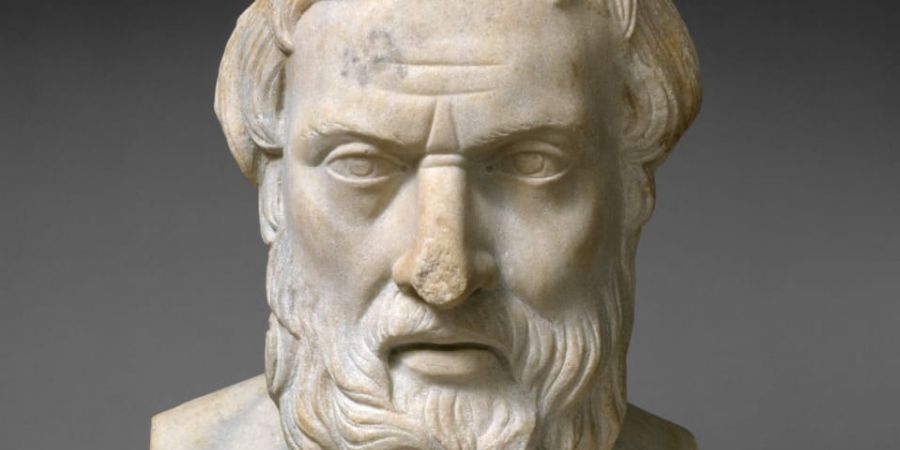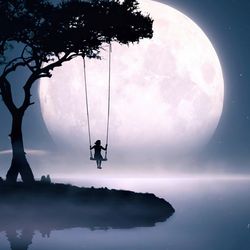

What is History?
The study of the past is called History. The English word history is derived from the Greek word historia meaning research, inquiry or investigation is known as historia. The Greek historian Herodotus was the first real historian of the world. He wrote only one book ‘The Histories' which describes the background and events of the Graeco-Persian / Greek-Iranian Wars. First of all the roman philosopher Cicero called him ‘The Father of History'. The German historian Leopold von Ranke is known as ‘The Father of Modern History'. According to Ranke, the task of historian was to describe the past as it actually was - what it actually was.
The German philosopher Hegel once said ‘ History repeats itself ‘, later on German economist and philosopher Karl Marx extended the line: ‘’History repeats itself, first as tragedy, second as farce''. According to british historian E. H. Carr :'' History is an unending dialogue between past and present''.
A SYSTEM OF DATING:
BC AND AD - BC is the acronym of Before Christ. This is an English phase meaning ‘ Before the birth of Christ'. Son the years before the birth of Jesus Christ is known as ‘ Before Christ' and it is denoted as BC in short. AD is the acronym of Anno Domini. This is a Latin phrase meaning ‘In the years of the Lords. So, the years begin with the birth of Jesus Christ is known as Anno Domini.
HISTORICAL SOURCES - The sources that give information about the events of past time are known as ‘ Historical Sources'. There are two types of historical sources- Literary Sources and Archaeological sources. With the comparison of literary sources the archaeological sources are believed more reliable , because it is almost impossible to change in it. The archaeological sources are most important to the study of Ancient India.
1. LITERARY SOURCES - Literary sources are divided into two categories – Indigenous and Foreign.
A. Indigenous Sources - These sources are divided into two categories-- Religious and Secular. Under Religious texts Brahmanic texts , Buddhist texts and Jain texts are included. Under Secular texts Historical texts, Semi-Historical texts , Biographical texts etc. are included.
B. Foreign Sources- Indigenous sources can be supplemented by foreign sources. The writings of foreign travellers and chroniclers provide valuable sources of ancient Indians history ; of these, some visited India and some other who never visited India based on their accounts on informations received from different sources.


